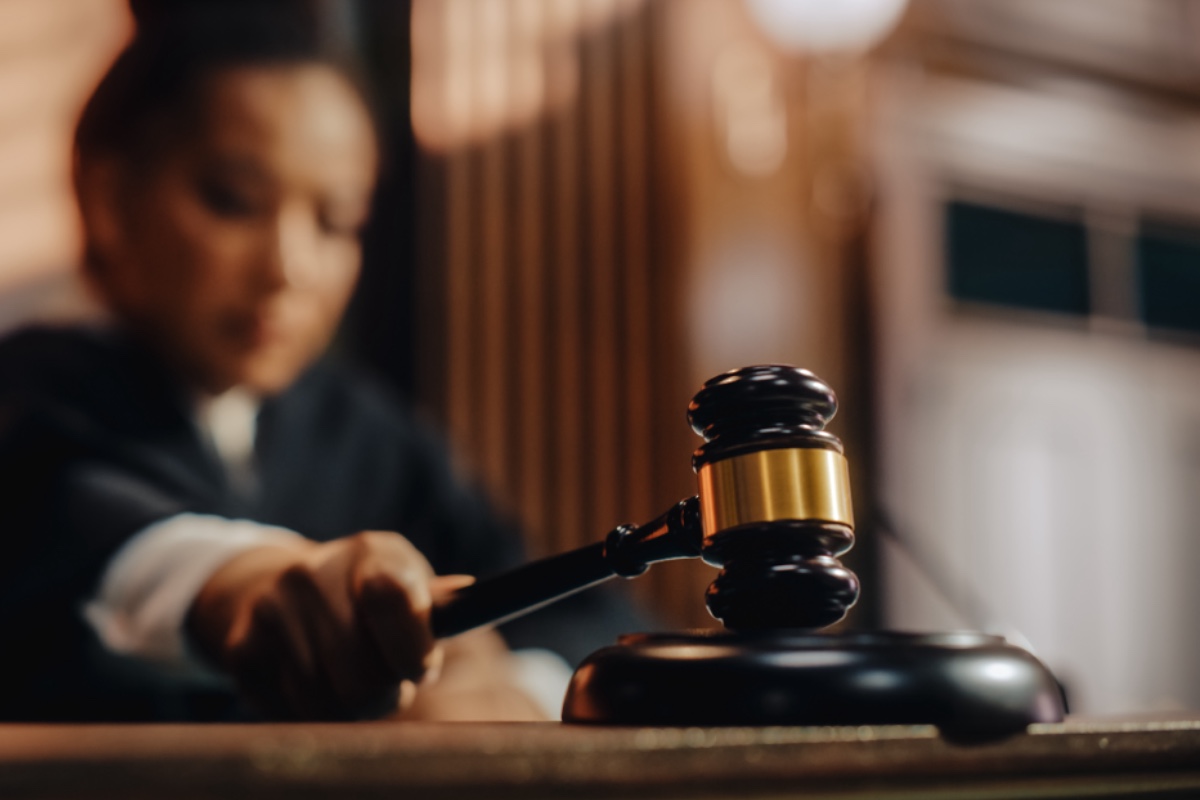
September 30, 2024
Black Pastor Arrested While Watering Neighbor’s Flowers Prevails As Court Rules Officers Lacked Probable Cause
The arrest of Michael Jennings in Childersburg, Alabama, failed to meet the legal standards for qualified immunity.
A three-judge panel on Alabama’s 11th Circuit Court of Appeals ruled on Sept. 27 that the arrest of Michael Jennings, a Black pastor in Childersburg, Alabama, made by three officers did not meet the legal requirements for being protected by qualified immunity.
According to The Associated Press, Jennings was arrested by the trio in May 2022 after his neighbor reported him to the police as he watered the garden of a friend while the friend was out of town.
The officers allegedly arrested Jennings because he didn’t show them an ID, but body cam footage captured the man repeatedly telling the officers that he was Pastor Jennings and lived across the street from the residence.
According to Jennings’ lawyers, it was impossible for the officers who arrested Jennings to establish any probable cause because they arrested him within five minutes of arriving on the scene.
Harry Daniels, Jennings’ lead lawyer, told the AP that the decision is a win for his client and the justice system in general.
“This is a win for Pastor Jennings and a win for justice. The video speaks for itself,” Daniels said. “Finally, Pastor Jennings will have his day in court and prove that wearing a badge does not give you the right to break the law.”
In December 2023, Chief District Judge R. David Proctor dismissed Jennings’ case against the three officers, citing qualified immunity. However, the ruling from the appeals court clarified that although an officer has the right to request a name, address, and an explanation from a person they reasonably suspect is committing or will commit a crime, they do not have the right to demand a physical ID.
Jennings had been initially charged with obstructing government operations, but the police chief dismissed that charge within a few days.
A few months later, Jennings filed a lawsuit, alleging that the incident violated his constitutional rights and caused other problems, including emotional distress and anxiety.
According to Daniels, the case has the potential to impact other cases involving the police and the violation of the civil rights of Alabama’s citizens in the state.
“This has major implications for anyone who has been subjected to unlawful arrest because they wouldn’t give their ID,” Daniels said.
RELATED CONTENT: Black Alabama Pastor To Sue Officers Following Arrest For Watering His Neighbor’s Flowers